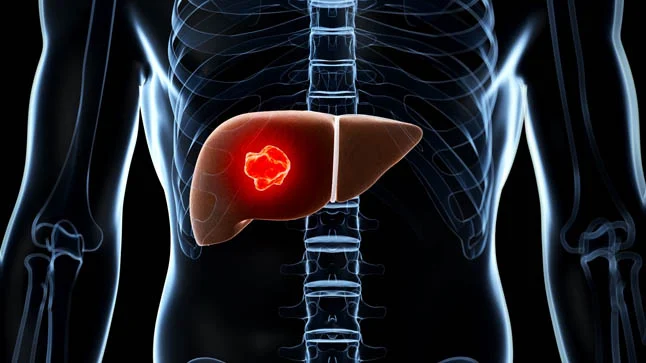In a groundbreaking study published in Nature Communications, scientists from Children’s Medical Research Institute (CMRI) pioneered the testing of novel gene therapies in whole human livers, aiming to enhance treatments for life-threatening inherited diseases. Gene therapy, a revolutionary method for addressing genetic disorders, often relies on adeno-associated viruses (AAV) to deliver genetic material into cells effectively. One major challenge has been the lack of reliable preclinical models for testing these therapies. CMRI’s Translational Vectorology Research Unit, in collaboration with Royal Prince Alfred Hospital, developed a normothermic liver perfusion system, preserving human livers outside the body for research. This advancement allows for direct assessment of gene therapeutics in the target organ, enabling more accurate predictions of efficacy and toxicity. Associate Professor Leszek Lisowski emphasised the potential for more efficient gene therapies and reduced animal testing, marking a significant leap forward in biomedical research.


